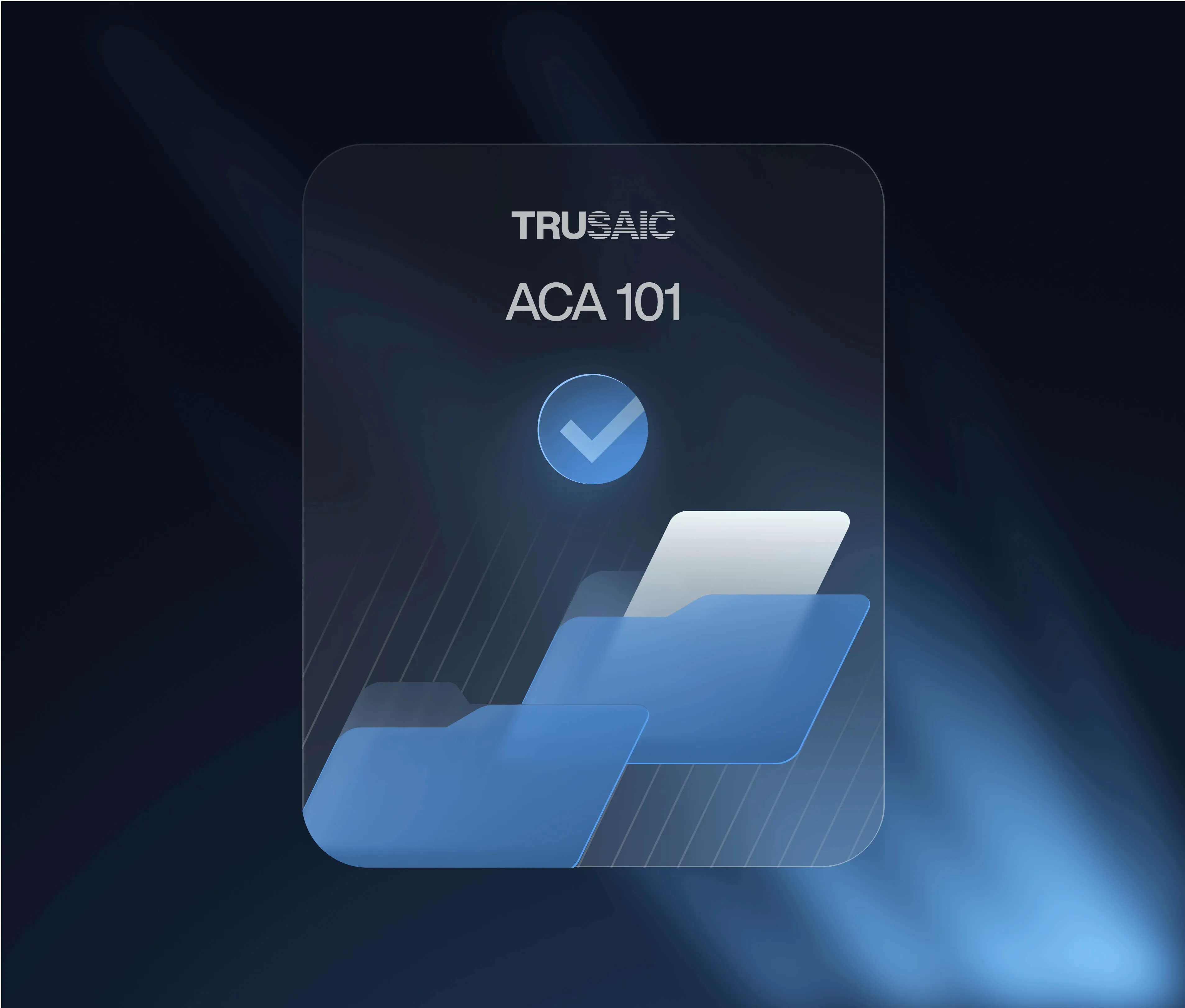In recent years, the Securities and Exchange Commission (SEC) has been increasingly focusing on corporate Environmental, Social, and Governance (ESG) policies and statements. Fraudulent practices related to ESG efforts and outcomes have come under scrutiny, as investors are now considering ESG factors when making investment decisions. The SEC has initiated enforcement actions against companies for misleading or false ESG disclosures, resulting in penalties and reputational damage.
The Significance of the “S” in ESG
The “S” in ESG represents the social aspect of sustainable investment. It encompasses how organizations interact with their employees and communities. It includes areas such as diversity, equity, and inclusion (DEI), pay equity, and social responsibility.
Companies that prioritize and accurately report their social metrics demonstrate authenticity and gain the trust of investors and stakeholders. This attention to social impacts has become increasingly important to investors, employees, and customers. In fact:
- Nearly 50% of investors consider the social component of ESG to be the most important when making investment decisions, and more than 85% consider ESG factors when making investment decisions.
- An astounding 96% of employees expect their organizations to adopt a sustainability agenda.
- Consumers think ESG matters too—83% think companies should be actively working on ESG best practices.
Both requirements from organizations like the SEC, and the growing interest among key stakeholder groups has led to a rise in ESG reporting.
The Rise of ESG Reporting
Globally, 96% of the G250 is already reporting on sustainability. Deloitte’s 2023 Global Human Capital Trends survey revealed that 84% of respondents felt that understanding the impact of sustainability and taking responsibility for making progress was important to their companies’ success.
The Need for Accurate Measurement
Accurate measurement and reporting are critical for compliance and to avoid potential penalties which can be significant. The SEC has become increasingly interested in companies that commit fraud by exaggerating or making up ESG efforts and outcomes—for instance by inflating sales revenue or misrepresenting other financials.
Trusaic founder and CEO Robert Sheen further points out that fraud might also include things such as “lying about a company’s investments in green energy, inflating corporate diversity numbers, or misleading investors about the protection of whistleblowers within the company.”
In 2021, the SEC said it would be evaluating companies’ ESG disclosures with greater scrutiny. And they have been true to their word. In 2022 the SEC initiated 760 enforcement actions which represented a record $6.4 billion in penalties and disgorgement, including some high-profile ESG violations.
Clearly a commitment to honest and accurate reporting is critical for companies in this environment and also allows them to tell a powerful story about their commitment to sustainability.
Disclosure of Social Metrics
The disclosure of social metrics related to sustainability can point to a combination of metrics that are both required and also considered important by investors, employees, and customers. Metrics recommended by the World Economic Forum include:
- Gender pay equality
- Wage levels
- Diversity and inclusion
- Health and safety
- Training
While reporting requirements of any kind can often feel burdensome, reporting on the “S” in ESG offers benefits beyond compliance, and can have a positive impact on financial performance and brand reputation.
A software solution like Trusaic’s PayParity can help organizations confidently and accurately report on their ESG efforts. PayParity allows organizations to continuously monitor pay equity, certifying that their workforce is equitable, and demonstrating to stakeholders that fair pay is a top priority.









